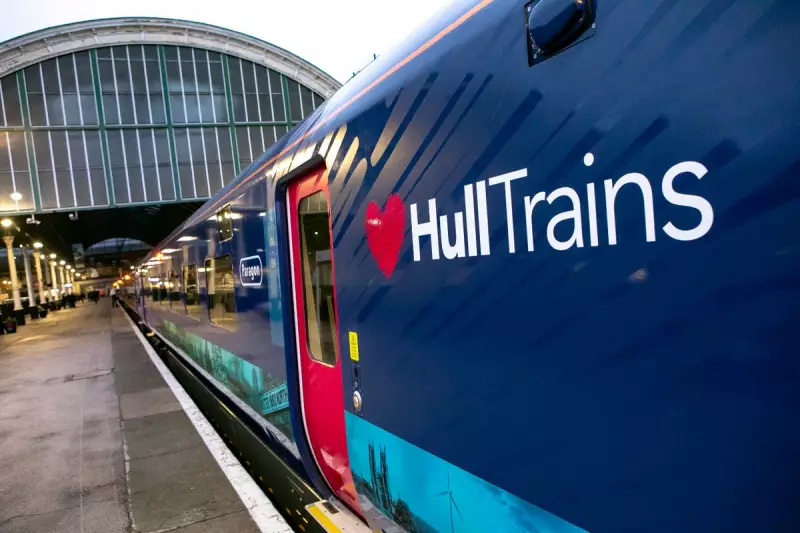
Passengers travelling between Hull and London King's Cross are facing severe disruption as train drivers for Hull Trains have commenced a 48-hour strike. The industrial action, which began on Saturday, 15th June, was called by the ASLEF union following a breakdown in talks over critical safety procedures.
The union has taken the drastic step, alleging that the operator's management has failed to address fundamental safety protocols, thereby putting both its members and the travelling public at risk. This strike highlights a significant and worrying clash between workforce concerns and company operations.
Core of the Conflict: A Question of Safety
ASLEF's full-fat statement pulled no punches, accusing Hull Trains of a "complete and utter failure to follow agreed safety procedures." The union's regional organiser articulated the drivers' position, stating the strike is a last resort after management allegedly ignored repeated attempts to resolve the issues through discussion.
While the specific details of the safety breaches have not been fully disclosed to the public, such a strong accusation from a recognised union suggests profound operational disagreements. It paints a picture of a workforce that feels its professional judgement on safety matters is being systematically overruled.
Operator's Response and Passenger Impact
In response, Hull Trains has expressed its disappointment at the strike action. A spokesperson for the company confirmed that while most services were expected to run, some had indeed been cancelled, and passengers were advised to check their journey details before travelling.
The operator also stated it remains "committed to working with ASLEF to find a resolution," indicating a desire to return to negotiations. However, with the union claiming its concerns have been previously dismissed, the path to a swift agreement appears challenging.
For customers, the immediate effect is uncertainty and inconvenience. Those holding tickets for cancelled services are entitled to a full refund, but the disruption to travel plans, especially for a key route like Hull to London, is significant.
A Broader Look at UK Rail Relations
This localised dispute on the Hull Trains network is set against a backdrop of wider, ongoing industrial tensions across the UK's rail industry. While other major disputes have often centred on pay and working conditions, the Hull case is notably focused squarely on safety—a fundamental principle that unions are historically unwilling to compromise on.
It underscores the critical role that safety culture plays in railway operations and the potential for severe service interruption when trust between staff and management breaks down.





